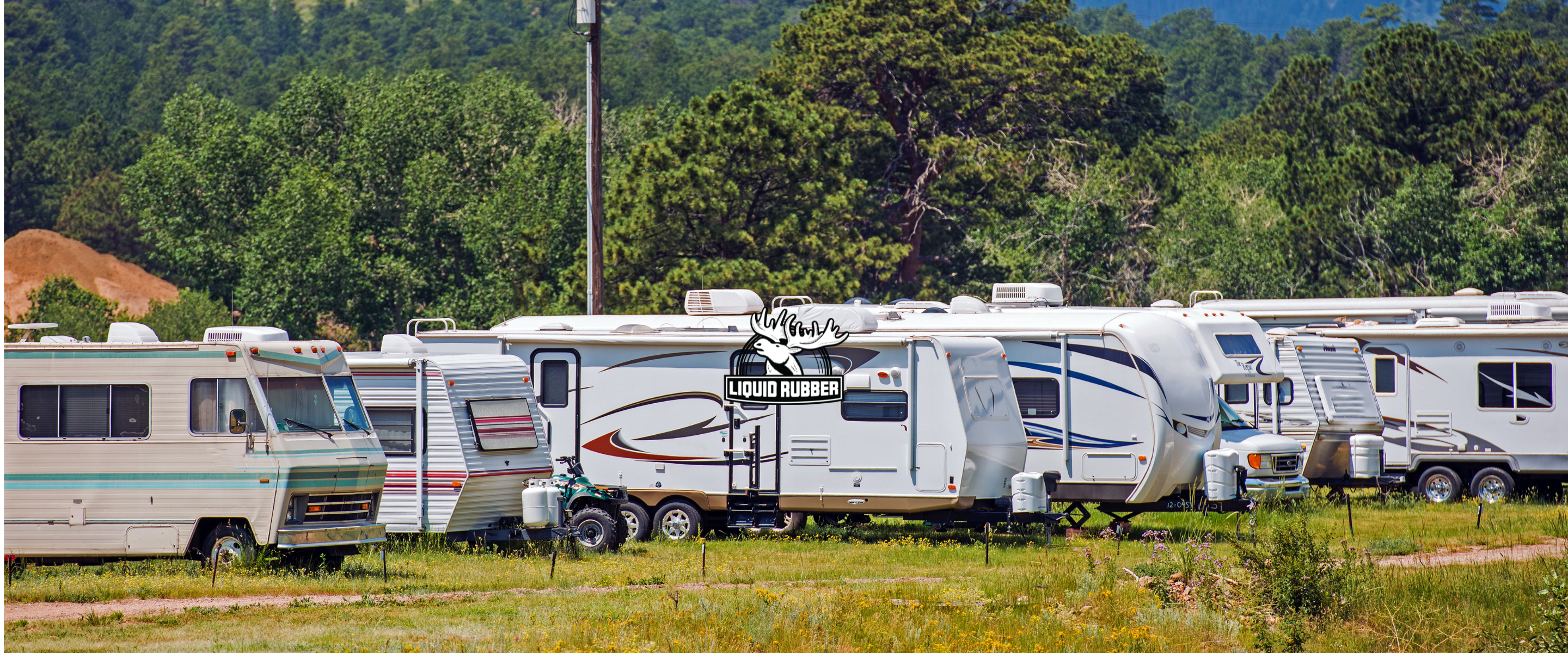Waterproofing your basement walls is an important step that should not be overlooked. Basement walls are especially vulnerable to water damage, and if left unchecked, can cause a variety of problems including mold, mildew, and wood rot. Waterproofing your basement walls can help protect your home from costly repairs and health risks caused by water damage. It also ensures that your basement is a comfortable, dry and safe living space.
With so many benefits, there's no reason not to waterproof your basement walls. Doing so will save you money in the long run and give you peace of mind knowing that your home is safe and sound. Read on to learn more.
What is basement waterproofing?
Waterproofing your basement walls is a process that seals the walls of your basement to protect them from water damage. Waterproofing is a cost-effective way to protect your basement from water infiltration and is a great solution for homeowners who want to avoid a costly foundation repair project.
Basement waterproofing is generally done by installing waterproofing membranes, drainage systems, and/or pumps. The purpose of basement waterproofing systems is to divert water away from the basement walls and prevent it from seeping into the home. When water comes into contact with your basement walls, it can cause damage by weakening the structure of your home, causing mold and mildew growth, and increasing your energy bills as a result of the increased humidity.
The good news is that waterproofing your basement is a relatively simple process and will protect your home from costly and time-consuming repairs.
Benefits of waterproofing basement walls
There are many benefits you gain from waterproofing your basement’s walls. For starters, it will protect your home and its foundation from water damage. When water comes in contact with the walls of your basement, it can cause serious damage. This damage can lead to expensive repairs and put your home at risk of structural failure. By waterproofing your basement walls, you can protect your home from costly repairs, insurance claims and an early expiration of your home's warranty.
Doing so also helps prevent mold and mildew growth in the basement. Basement mold can be harmful to your health and can cause discoloration, permanent stains, and an unpleasant odor. If left untreated, mold and mildew can cause health problems like allergic reactions, asthma and infections. Prevent this by using basement waterproofing paint on the interior to prevent water from coming into contact with the walls.
Telltale signs your basement needs waterproofing:
- If you live in a flood-prone area, you need to waterproof your basement walls to protect your home from water damage caused by flooding.
- You are experiencing high humidity in the basement. A humid basement can lead to problems such as mold and mildew growth, peeling paint, wood rot and soggy carpet. If you are experiencing high humidity in the basement, it is possible that water is seeping through the walls and causing the problem.
- Water damage in the basement is another sign that the walls are being compromised by water seepage. If you have noticed signs of water damage, such as water-stained walls, you should waterproof your basement walls as soon as possible to prevent further damage.
Need Even More Tips?
Liquid Rubber Foundation Sealant should be part of your basement and foundation waterproofing plan.
If you are looking for even more basement waterproofing tips, we recommend that you read our Expert’s Guide to Basement Waterproofing.
Liquid Rubber is the preferred solution for many homeowners and DIY enthusiasts, with easy-to-apply products and video tutorials that help you get the best results. Browse our online catalog to see our products, and easily order all the supplies we've featured here for your own basement waterproofing project.





